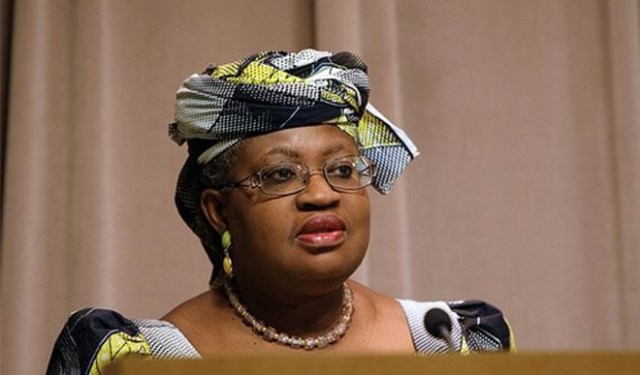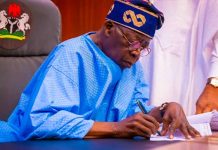Decrying the high trade costs in Nigeria and the African continent was the Director-General of the World Trade Organization (WTO), Dr. Ngozi Okonjo-Iweala, who called for a need to revisit these costs to improve the regional value chain.
Iweala made this call on the second and last day of the two-day Mid-term Ministerial Performance Review via video.
She lamented on the high cost of trading in Africa, which stands at 304 percent, 2 percent less than Nigeria’s 306 percent, describing it as “too high”.
The former minister of finance said that these costs, coupled with capacity limitations at the ports were hindrances to prospective investors “seeking to build supply chain operations” in the country.
She said, “Improving security and lowering transaction cost for foreign investment, even for domestic investment, would be necessary. And Nigeria is part of a group of countries negotiating an agreement on investment facilitation at the WTO.
READ ALSO: Financial Expert Faults Osinbajo’s Call For CBN To Allow Naira Reflect Realities Of Market
“Once this agreement is negotiated, ratified and is being implemented, it could be instrumental in attracting additional trade-oriented investment.
“To complement investment facilitation, Nigeria has to cut down on trade cost, infrastructure cost, linkage cost, regulatory cost, customs cost, basically, all costs associated with moving goods from tie factory or farm gate to the final consumer.
“Nigeria’s trade costs are too high. According to the World Bank-ESCAP trade costs for 2019, trade costs for African countries are on average equivalent of a 304 percent tariff and for Nigeria, it’s even slightly higher at 306 percent.
“These numbers are one and half times higher than trade cost in high-income countries. Such high costs are not conducive to forming regional value chain.
“Congestion, capacity constraints and high costs in our ports make life difficult for anyone seeking to build supply chain operations in Nigeria and hence, expand trade from there.”















